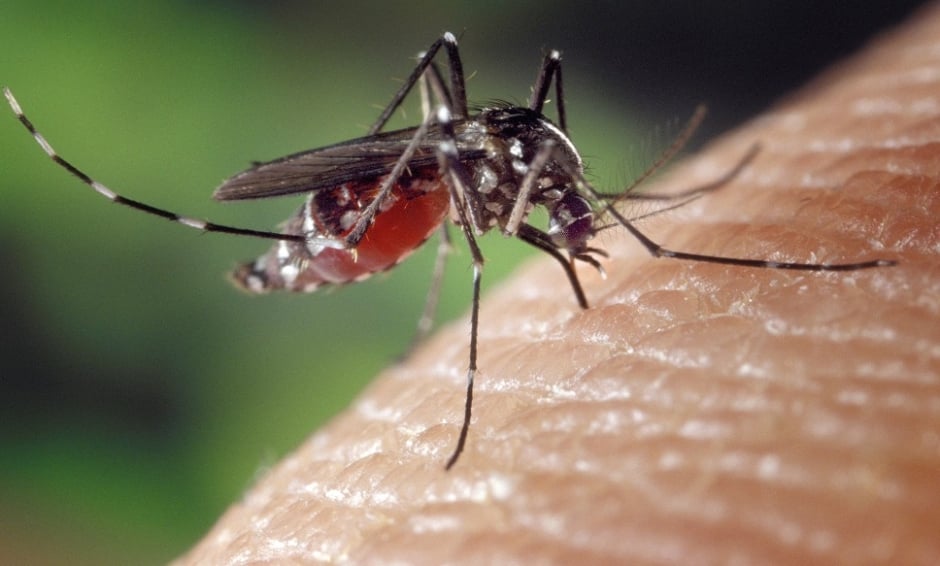A RECENT study has identified a previously unknown antibody target on the Plasmodium falciparum sporozoite surface, providing potential for complementary malaria interventions without interfering with existing vaccines.
Malaria remains one of the leading causes of morbidity and mortality globally, with millions affected each year. While two World Health Organization (WHO)–recommended vaccines, RTS,S/AS01 and R21/Matrix M, are being deployed in endemic areas, the search for new tools to combat malaria continues. The vaccines and monoclonal antibodies (mAb) currently in development primarily target the circumsporozoite protein (PfCSP) found on the surface of P. falciparum sporozoites. However, much remains unknown about the full array of antigens on the sporozoite surface that could offer additional therapeutic targets.
A new study led by researchers investigating human immune responses to malaria has uncovered an unexpected finding in sporozoite biology. The team employed an innovative, antigen-agnostic pipeline to identify antibodies from human B cells that bind to the sporozoite surface. This technique included several steps to eliminate antibodies targeting the conventional PfCSP epitopes already associated with existing vaccines.
From 941 plasma samples of individuals exposed to P. falciparum, the researchers identified five donors with antibodies that still reacted with sporozoites, despite prior blocking with recombinant PfCSP. These antibodies, which were not directed at the well-known central repeat region of PfCSP, instead targeted a newly discovered epitope. This epitope, termed pGlu-CSP, arises through two parasite-driven modifications: cleavage of the PfCSP protein’s N-terminus and the conversion of glutamine to pyroglutamate.
Interestingly, the antibodies recognising pGlu-CSP demonstrated potent protective effects, preventing infection in mouse models. The mAb MAD21-101 was particularly promising, as it conferred sterile protection against malaria without interfering with the function of existing vaccines like RTS,S/AS01 or R21. This discovery could open new avenues for therapeutic strategies, complementing current vaccines.
These findings also provide a valuable resource for further investigation into the mechanisms of sporozoite invasion and host immunity. By using an antigen-agnostic approach, the study highlights the potential to uncover novel targets that could significantly enhance malaria control efforts worldwide.
Ada Enesco, EMJ
Reference
Dacon C et al. Protective antibodies target cryptic epitope unmasked by cleavage of malaria sporozoite protein. Science. 2025;387(6729):eadr0510.








